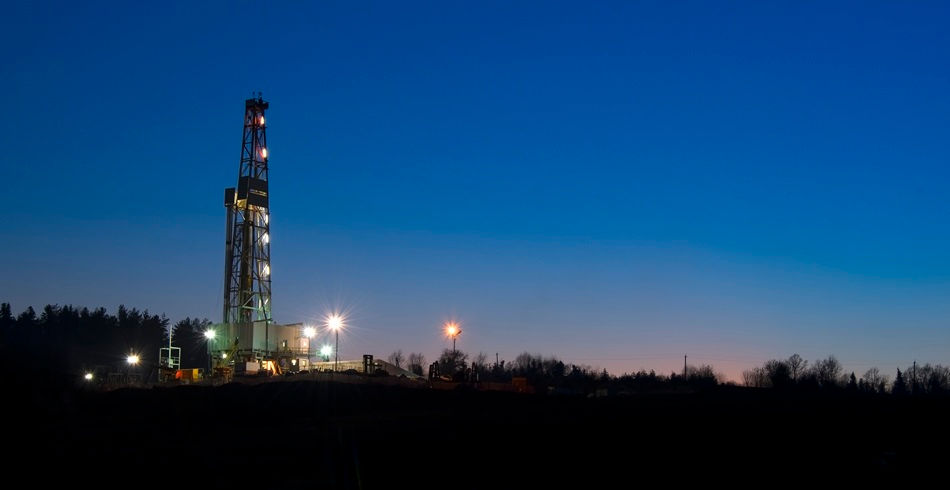South Korean refiner S-Oil acquires 3 types of green certifications for sustainable, low-carbon products
- S-Oil Corp.
- Apr 8, 2024
- 2 min read

South Korean petroleum refiner S-Oil announced April 4 that it has acquired three types of green certifications on sustainable and low-carbon products from the International Sustainability and Carbon Certification System at the same time.
It received the three ISCC certifications April 4 through the global certification body Control Union at its headquarters building in Mapo-gu, Seoul, South Korea.
For the first time among Korean refiners, S-Oil obtained the ISCC Carbon Offsetting and Reduction Scheme for International Aviation, which officially certifies its production of sustainable aviation fuel (SAF).
In addition, S-Oil simultaneously received ISCC EU, which certifies the production of low-carbon fuel products as stated in the EU’s Renewable Energy Directive, and ISCC Plus, an ecofriendly product certification for the voluntary market.
In particular, ISCC CORSIA will allow S-Oil to produce CORSIA-certified SAF for the first time in Korea.
Since January, the refiner has incorporated biobased raw materials such as waste cooking oil and palm byproducts into its refining processes to produce fuel products, and the latest acquisition of the certification will set the stage for the company to produce SAF that can slash greenhouse-gas (GHG) emissions by roughly 90 percent compared with conventional jet fuels.
The International Civil Aviation Organization under the United Nations ran CORSIA in the international aviation area on a trial basis from 2021 to 2023 to reduce GHG emissions there, according to S-Oil.
Starting this year, air carriers in 126 countries, including Korea, are participating in the program voluntarily.
The program will become mandatory from 2027, applying to all air carriers around the world, S-Oil noted.
Once CORSIA becomes mandatory, SAF demand is expected to surge amid global efforts to decarbonize the aviation area.
The aviation industry projects SAF to become an irreplaceable fuel, considering its technological specialty and safety.
“As S-Oil acquired the international certification to produce SAF that meets CORSIA requirements for the first time in Korea, it can contribute substantially to protecting land through the use of biobased raw materials and conserving biodiversity, not to mention cutting GHG emissions in the aviation area,” said Ryu Yul, S-Oil’s president for corporate strategy and services. “The latest acquisition of the certification is the first step toward S-Oil’s pivot to a clean-energy supplier to achieve sustainable growth, and we’ll further strive to distribute biofuels and circular products that can contribute to building a resource-circulation structure in order to align ourselves with the global decarbonization trend.”
S-Oil’s simultaneous acquisition of ISCC EU and ISCC Plus is also expected to serve as an opportunity to contribute extensively to vitalizing the biofuel industry and further fostering the circular economy.
ISCC EU is a certification that companies must acquire to export biofuels in the European market.
S-Oil is projected to effectively pursue the sustainability and market expansion of its fuel business as it becomes capable of producing biofuels that comply with the renewable energy guidelines of the European Union.
ISCC Plus is a voluntary certification system for the use of sustainable biomass and circular resources.
It is used to demonstrate the sustainability of the use of circular resources and biomass on a voluntary basis.
S-Oil said it will take the acquisition of ISCC Plus as an opportunity to spur the production of circular chemicals.


































